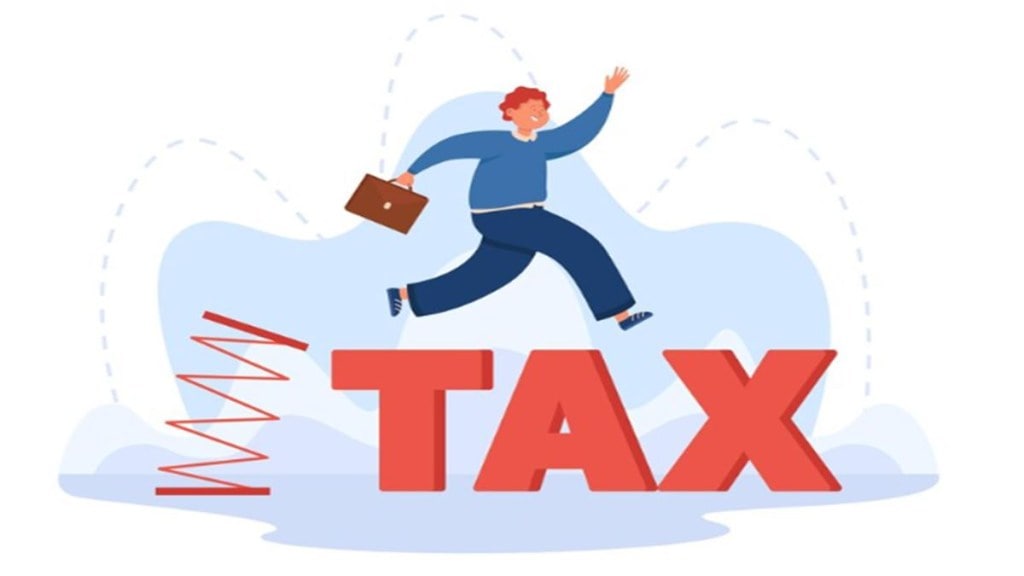Given the favorable bias towards the New Tax Regime, I had anticipated that the Finance Minister would scrap the Old Tax Regime altogether. However, instead of doing so in one go, she has put it on ventilator. Let’s now understand how the New Tax Regime will function with the latest amendments.
To whom this is applicable
Contrary to the general perception that the new tax regime is available only to individuals, it is actually applicable to all individuals, Hindu Undivided Families (HUFs), Associations of Persons (AOPs), and Bodies of Individuals (BOIs), regardless of whether they are residents or non-residents.
Does income upto Rs 12 lakh become tax-free for every tax payer?
A perception is being created among the general public that you do not have to pay any tax in case your income does not exceed the threshold of Rs 12 lakh. This is not true. Let me explain it in detail.
Under the old tax regime, the basic exemption limit remains Rs 2.50 lakh but under the new tax regime it has been increased from Rs 3 lakh to Rs 4 lakh. The first tax slab rate of 5% will apply to income between Rs 4 lakh and Rs 8 lakh and the tax rate will increase by 5% for each 4 lakh of income upto Rs 24 lakh and beyond which your income will get taxed at 30% under the new tax regime.
However, in case you are a resident individual you will not have to pay any tax on your regular income as long as your income, which is subject to slab rate taxation, does not exceed Rs 12 lakh due to rebate of tax available under section 87A of the Income Tax Act. The maximum rebate available under section 87 for the new tax regime is Rs. 60,000/- whereas under the old tax regime it is restricted to Rs 12,500/-. So you do not have to pay any tax as long as your regular income does not exceed Rs 12 lakh. For salaried people, it is Rs 12.75 lakh due to the standard deduction available to them.
In case you are a non-resident individual or even a resident HUF, AOP or BOI you are not entitled to rebate under Section 87A and will have to pay tax at the slab rates under the new tax regime on income over Rs 4 lakh. Moreover, you still have to pay tax on your income which is subject to special rate of tax like tax on long term capital gains, short term capital gains on listed equity and equity funds, lottery, crypto currencies etc. even if your income does not exceed the threshold of Rs 12 lakh.
So, in case your entire income comprises of long term capital gains of Rs 5 lakh, you will still have to pay tax on Rs 1 lakh at 12.50% even if you are a resident individual and your income does not exceed the threshold limit of Rs 12 lakh for rebate under Section 87A under the new tax regime.
For whom the old tax regime still works?
Since the difference between the basic exemption limit under the old and new tax regime is Rs 1.50 lakh, which is the amount of deduction available under Section 80C, even for those who claim deduction under Section 80C, the old tax regime does not make sense. Then you are left with deduction under Section 80D for mediclaim and LTA and HRA. LTA benefit which can be claimed twice in a block of four years for domestic travel with your spouse, child, parents and dependent siblings, the amount can not exceed Rs 50,000/- for each year. This benefit gets offset by lower tax rates offered under the new tax regime. Even for all those paying rent and claiming HRA exemption, the old tax regime will not be so attractive. Persons who have business income, the new tax regime in all cases is attractive unless you have losses to carry for and set off.
The old tax regime will only be beneficial for those salaried people who are earning high salary and are claiming HRA benefits for significant amount of rent being paid specially in metro cities. Even for persons with income more than Rs 5 crore, the new tax regime is beneficial as surcharge payable on your income tax is capped at 25% against 37.50% under the new tax regime in case your taxable include excluding dividends and long term capital gains and short term capital gains on listed shares and equity scheme exceeds Rs 5 crore.
I feel with the revamped new tax regime, almost 95% to 98% of taxpayers will opt for the new tax regime.
From the above discussion, it becomes apparent that the old tax regime will be beneficial only for a limit number of taxpayers.
(The author is a tax and investment expert)
Disclaimer: The views expressed are personal and do not reflect the official position or policy of FinancialExpress.com. Reproducing this content without permission is prohibited.

